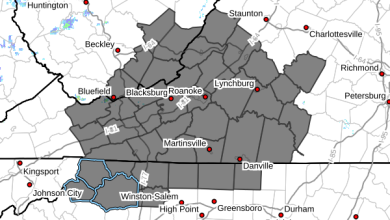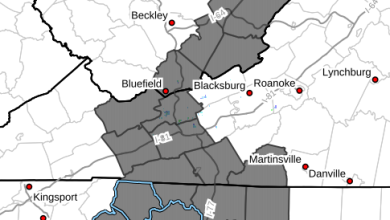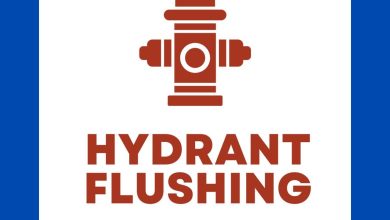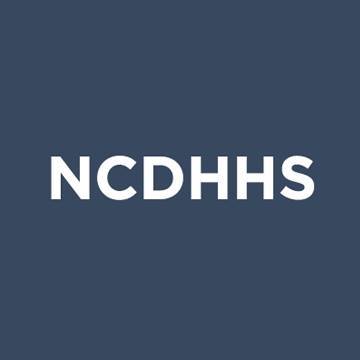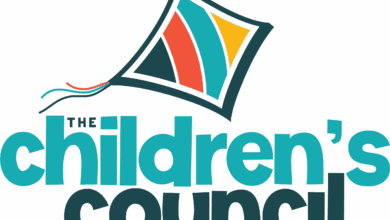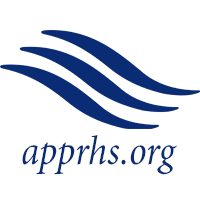
Last Updated on December 17, 2020 9:36 am
On Tuesday, December 15, Appalachian Regional Healthcare System (ARHS) was notified by the North Carolina Department of Health and Human Services (NCDHHS) that it would receive 800 doses of the Moderna COVID-19 vaccine, as part of NCDHHS’s December 21 weekly allocation.
“We were told yesterday (December 15) that our first allocation of vaccines will ship to us next week,” said Chuck Mantooth, President and CEO of ARHS. “So it appears that Christmas will come early. Our organization has been anxiously awaiting this news for several weeks. This is overwhelmingly good news,” he added.
This first shipment assumes that the Food and Drug Administration (FDA) will grant Emergency Use Authorization (EUA) for the Moderna COVID-19 vaccination at its hearing on Thursday, December 17. When the FDA grants the EUA, Moderna will immediately begin shipping nearly 6 million doses of the vaccine across the US.
Distribution of the COVID-19 vaccination is part of the federal government’s Operation Warp Speed initiative. At the direction of the U.S. government and the Centers for Disease Control, the State of North Carolina and NCDHHS has been working on a COVID-19 Vaccination Plan.
This first 800 dose allocation for ARHS is Phase 1a of the State’s four-phase Vaccination Plan, which calls for vaccinating frontline healthcare workers first.
ARHS has been preparing to receive these vaccinations for months. However, until this week, ARHS was not sure if it would receive the Pfizer or Moderna vaccination. Because both vaccines have unique storage and dosing requirements, ARHS needed to plan for both.
“We began thinking about how to operationalize it. From shipping and logistics — to how and where we would store it. We ordered an ultra-low temperature freezer. We began evaluating the roles of our workers to ensure that those on the front lines would receive it first. We planned how and where our vaccine clinics would occur. We want to make it as easy as possible for our employees to get the vaccine,” Mantooth said.
ARHS has more than 1,400 employees but also works with hundreds of contractors and non-employed providers in caring for the community. To ensure that frontline workers receive the vaccine quickly, ARHS stratified employees, contractors and non-employed providers into high- and low-risk categories and pre-loaded those high-risk employees into the State’s COVID-19 Vaccine Management System (CVMS) database. Mantooth added, “the 800 doses we get this week will not be enough—so even within the high-risk group, we placed priority on personnel who lay hands on patients. The risk of being exposed to the virus is greater for them, so they will receive the vaccine first.”
ARHS employees in the high-risk category who wish to receive the vaccination in Phase 1a will receive an email from CVMS to confirm their registration and a separate communication from ARHS to register for a time slot to receive the vaccination.
“At this point, COVID-19 vaccinations are not mandatory for our employees. However, we are doing all we can to educate them, so they’ll be able to make an informed decision. Of course, our hope is that they will see the vaccine as our best option for fighting the virus,” said Mantooth.
ARHS is still awaiting information about the availability of additional shipments of the vaccine to support subsequent phases of the vaccination plan.
Summary of the four phases of North Carolina’s vaccination plan:
Phase 1a
- Healthcare workers at high risk for exposure to COVID-19—doctors, nurses, and all who interact and care for patients with COVID-19, including those who clean areas used by patients, and those giving vaccines to these workers.
- Long-Term Care staff and residents—people in skilled nursing facilities and in adult, family and group homes.
Phase 1b
- Adults with two or more chronic conditions that put them at risk of severe illness as defined by the CDC, including conditions like cancer, COPD, serious heart conditions, sickle cell disease and Type 2 diabetes, among others.
- Adults at high risk of exposure including essential frontline workers (police, food processing, teachers), health care workers, and those living in prisons, homeless shelters, migrant and fishery housing with 2+ chronic conditions.
- Those working in prisons, jails and homeless shelters (no chronic conditions requirement).
Phase 2
- Essential frontline workers, healthcare workers, and those living in prisons, homeless shelters or migrant and fishery housing.
- Adults 65+
- Adults under 65 with one chronic condition that puts them at risk of severe illness as defined by the CDC.
Phase 3
- College and university students.
- K-12 students when there is an approved vaccine for children.
- Those employed in jobs that are critical to society and at lower risk of exposure.
Phase 4
- Everyone who wants a safe and effective COVID-19 vaccination.
Mantooth concluded by asking for continued diligence from the community. “The arrival of the vaccines represents hope for all of us…a bright light, at the end of what has been a long, dark tunnel. But it will take time to get everyone vaccinated. In the meantime I want to respectfully ask that everyone continue to practice the 3Ws. Wear a mask. Wait six feet apart. Wash your hands. It’s the best way to protect each other until everyone has had their shot.”
For frequently asked questions about the vaccines, visit the NCDHHS website.







